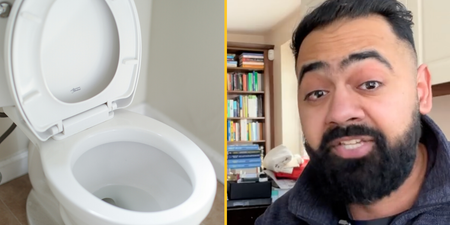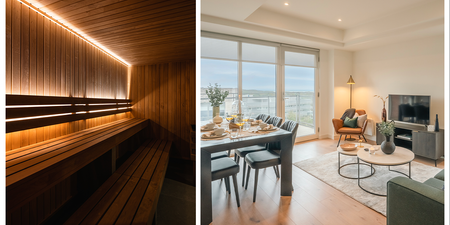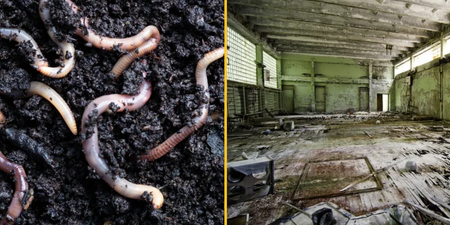I have always believed that money can be made in times of recession. Obviously there are advantages such as lower rents, greater choice of employees, lower base cost for raw materials, greater competition in the entire area of professional services.
I have already seen a number of clients, opening up successful businesses, in the last eighteen to twenty months. Some of these, which should be considered, are as follows: –
PROPERTY
If anybody has cash available and some support from a bank, then now and over the next twelve months is a good time to purchase properties.
I have already indicated, in my last article, commercial developments that are attractive with high net yield returns presently available. These commercial investments can range from €300,000 up to €30,000,000.
The basic criteria, as I have already stated previously are:
(i)       That you have a strong commercial tenant. This would include a Post Office, Credit Union, Government Department, Bank, Multi National etc.
(ii)      At least eighteen years to run on the lease. In essence you are purchasing the freehold with a tenant in place.
(iii)Â Â Â Â Â Upward reviews only
(iv)Â Â Â Â Â No break clauses.
(v)Â Â Â Â Â Â Preferably a single tenant
(vi)Â Â Â Â Â At least a 6.5% to 6.8% net yield return.
These type of investments were only attracting a net yield return of approximately 3% in many cases during the Celtic Tiger.
CHILDREN’S ENTERTAINMENT CENTRE
I saw this idea in Florida last year and a number of my clients have already set a similar business in Ireland and the UK and are doing very well. In short, investors are taking out a licence to occupy an area of a shopping mall. The advantage of the licence is that you are not committed to long term rental payments should the business not prove to be successful. The investor commissions and/or builds a small cart dressed up as a cottage.
A computer system is in place and basically cd’s and books are sold to customers incorporating names of children. The computer package operates in such a way that if you want to buy a present for your daughter, son, godchild, niece, nephew etc you simply give the name of the child to the operator. The operator can then incorporate the name into various songs on a cd or into various pages of a child’s book.
These cd’s and books are then sold off at any price from €9.99 up to €20.00. This is an ideal gift, innovative and above all, the financial risk factor associated with the investment is identifiable. In other words, you can outline, at the initial stages, the cost of:
(i)Â Â Â Â Â Â Â Production and creation of the cart.
(ii)Â Â Â Â Â Â The computer package and software.
(iii)Â Â Â Â Â The wholesale purchasing of discs and books.
(iv)     The salary to be paid to a young girl or boy who can operate the system in a busy shopping mall during the week. The idea is simple, innovative and can make money.
MORNING BREAKFAST
I came across a client recently who purchased a custom made van in Germany for the purposes of selling and supplying coffee, tea and breakfast at various venues around the country.
This young man is doing particularly well at the moment. In short he attends hockey matches in convents at weekends, rugby schools all around the country and many other events selling off tea, coffee, breakfast sandwiches etc.
Again the initial is easily identifiable together with the cost of petrol, insurance, tax and raw materials.
COST REDUCTION ANALYSIS
During the recession I have know a number of my clients to benefit in this area. In short, these individuals go to businesses of all sizes and suggest that they be retained for the purpose of advising in relation to cost reduction. An initial fee is often agreed which is a nominal amount of say €75 or €100.
Thereafter, the function of the cost reduction analysis is to save costs and agree a percentage of any saving with the business. These costs could relate to mobile phones, photocopying, taxies, courier companies, stationary etc.
Please remember that many businesses are happy to pay a percentage of savings. A thorough professional service, with follow up procedures in place, will always impress clients.
CAR VALETING
A number of my clients have already taken out licences (again a short term commitment with no long term financial burdens around your neck!) of fore courts in garages and are successfully valeting cars.
Many of the garages around the country closed down over the past number of years. The reason for the closure related to the fact that developers acquired many of these premises with the intention of building apartments, shopping centres etc.
With the collapse these developments have not taken place. The developers and/or the banks need some income. A number of my clients are solving the problem by taking out short term licence agreements and valeting cars.
GENERAL
There are many other ideas. The secret is to be: –
(i)Â Â Â Â Â Â Â Innovative and different.
(ii)Â Â Â Â Â Â Cut costs, which is much easier in a recession.
(iii)       Don’t enter into any long term financial commitments.
(iv)Â Â Â Â Â Â Tailor your produce in order to attract customers.
(v)Â Â Â Â Â Â Â Deliver a personal service and interact on a personal level.
(vi)       Don’t become obsessed with facebook, the internet etc. There is nothing better than a shake hands and a simple request for support from your customers and/or clients. I would have no hesitation in suggesting that they recommend others if they are satisfied with the produce and/or service you provide.
(vii)Â Â Â Â Â Â Value for money is important.
I hope some of these ideas are of assistance but I would certainly be very “upbeat†about many aspects of getting involved in business during recessionary times. Don’t over commit!
Until the next time…





















































